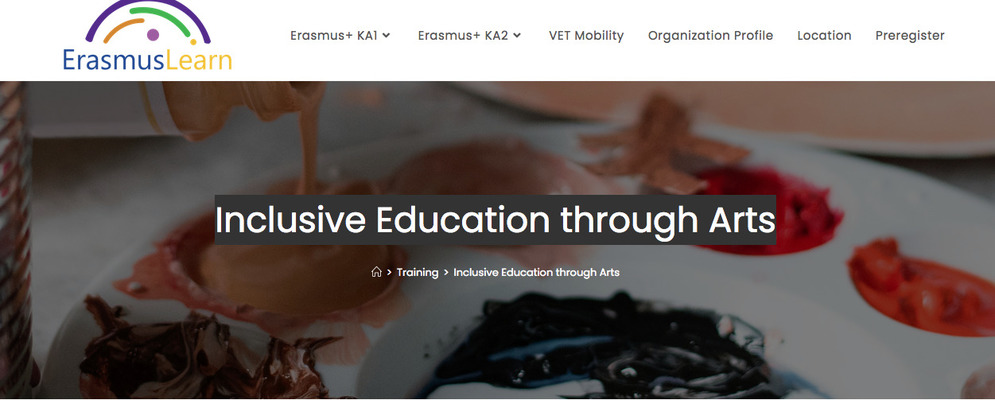
Basic data:
- Course title: "Inclusive Education through Arts"
- Duration: 1 week
- Dates: 25 to 31 July 2022.
- Venue: Heraklion (Crete, Greece).
- Themes: art teaching, psychology, artistic expression, attention to diversity, educational inclusion.
- Course website.
- Organized by: Erasmus Learn.
About Heraklion:
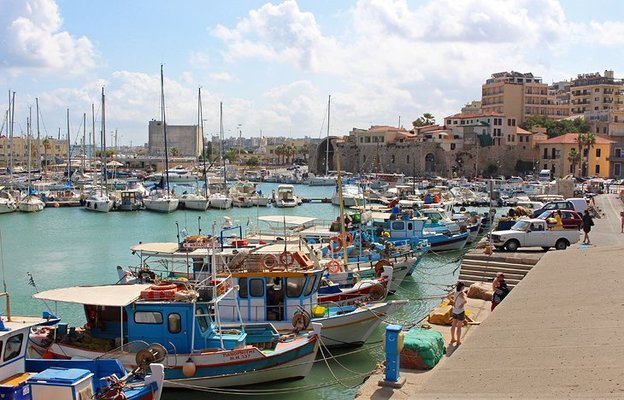
Heraklion is the largest city and the administrative capital of the island of Crete and capital of Heraklion regional unit. It is the fifth-largest city in Greece with a population of 211,370 (Urban Area). The Bronze Age palace of Knossos, also known as the Palace of Minos, is located 5.5 km southeast of the city. Heraklion was Europe's fastest growing tourism destination for 2017, according to Euromonitor, with an 11.2% growth in international arrivals. According to the ranking, Heraklion was ranked as the 20th most visited region in Europe, as the 66th area on the planet and as the 2nd in Greece for the year 2017, with 3.2 million visitors and the 19th in Europe for 2018, with 3.4 million visitors.
From: https://en.wikipedia.org/wiki/Heraklion
About Antonio Romero, teacher who has carried out the mobility:
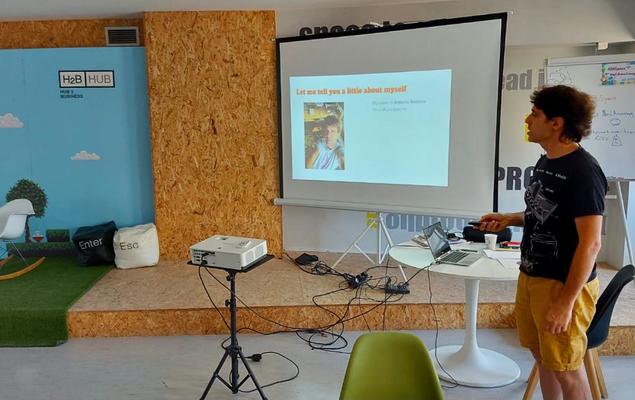
For more info regarding this, please see section 5.1.in this same page.
About the course:
During the course, participants worked out different tools and techniques to engage students’ critical thinking and enhance our creativity. We have learnt how to apply various active learning methods to establish diversity and inclusion. Through art-based teaching tools, we experienced how to support children and young people to recognize and strengthen their personal and social skills.
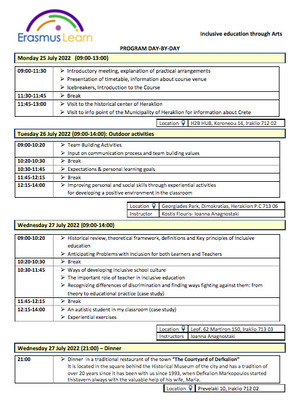
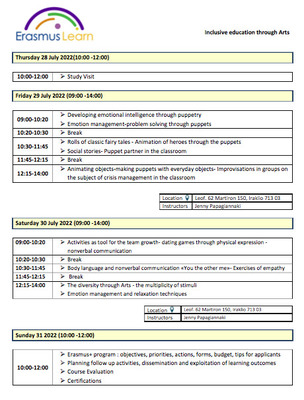
Complete program of the course, day by day.
Day 1. Introductory meeting and presentations:
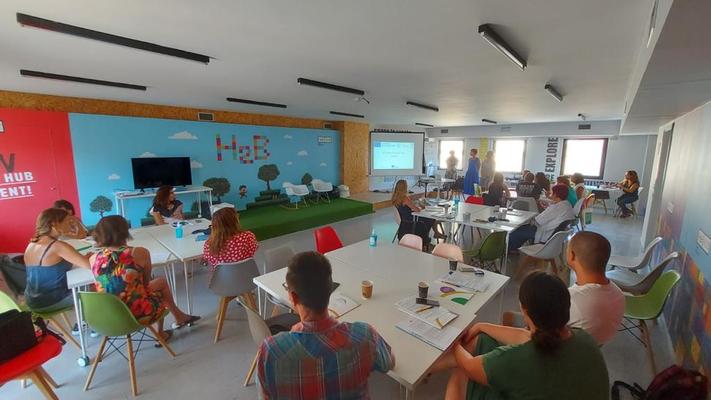
Day 2. Team Building Activities
Input on communication process and team building values, expectations & personal learning goals, improving personal and social skills through experiential activities for developing a positive environment in the classroom with the educational psychologist Kostis Flouris.
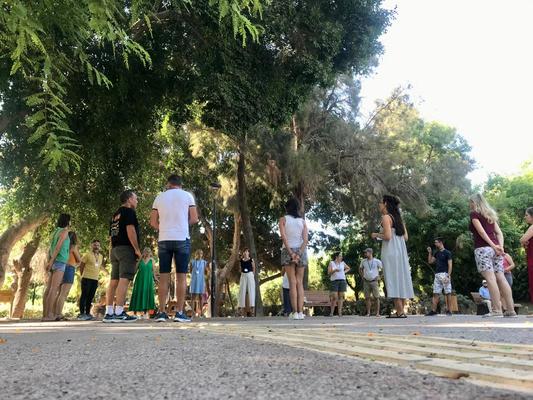
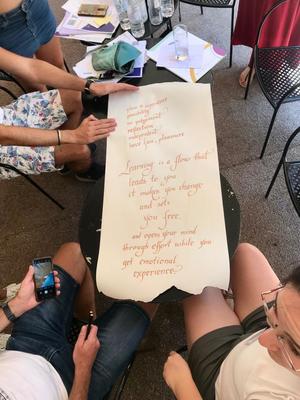
Day 3. Inclusive education
Historical review, theoretical framework, definitions and Key principles of Inclusive education. Anticipating Problems with Inclusion for both learners and teachers. Ways of developing inclusive school culture. The important role of teacher in inclusive education. Recognizing differences of discrimination and finding ways of fighting against them: from theory to educational practice (case study). An autistic student in my classroom (case study) with educator Ioanna Anagnostaki.
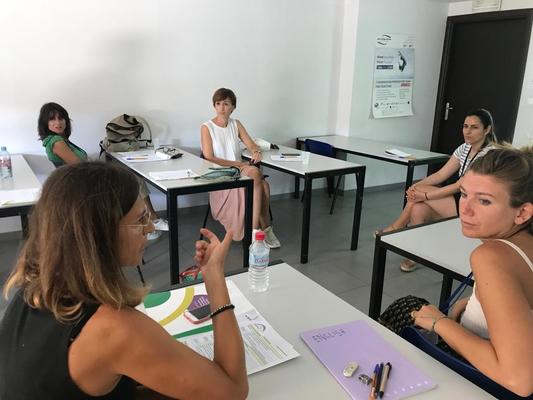
Discussion throughout the session. These discussions among teaching assistants are a valuable way of sharing impressions with European colleagues.
Day 4. Cultural Visits
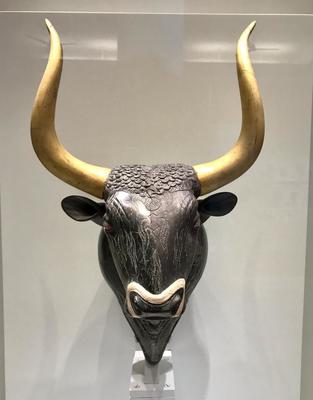
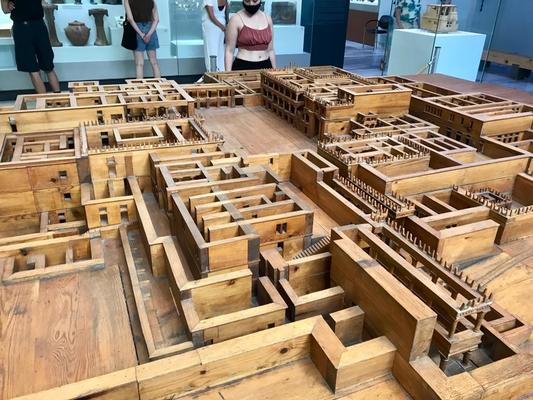
Day 5. Developing emotional intelligence through puppetry
Emotion management-problem solving through puppets, rolls of classic fairy tales - Animation of heroes through the puppets, social stories- puppet partner in the classroom, animating objects-making puppets with everyday objects- Improvisations in groups on the subject of crisis management in the classroom with the primary school teacher Jenny Papagiannaki.
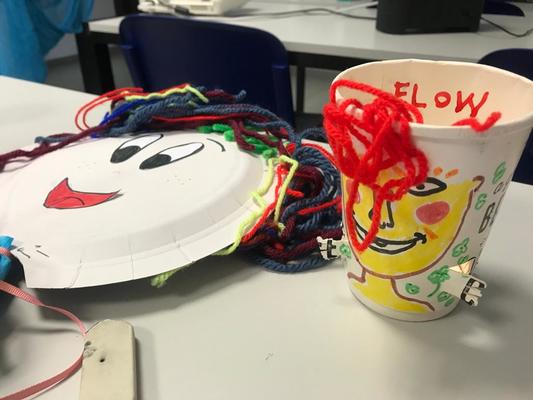
Day 6. Physical expression, non-verbal communication
Activities as tool for the team growth-dating games through physical expression - non-verbal communication. Body language and non-verbal communication «You the other me», exercises of empathy. The diversity through Arts, the multiplicity of stimuli, emotion management and relaxation techniques with teacher Jenny Papagiannaki.
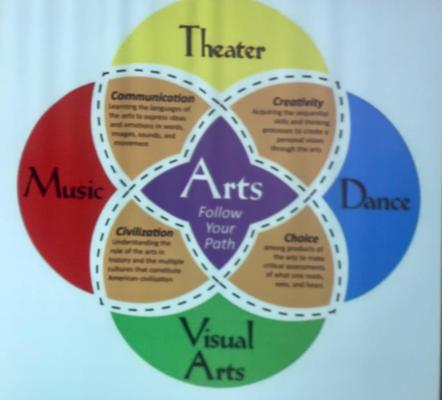
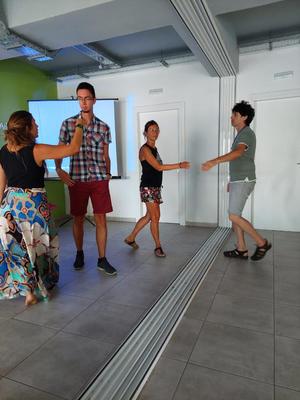
Erasmus+ program : objectives, priorities, actions, forms, budget, tips for applicants. Planning follow up activities, dissemination and exploitation of learning outcomes. Course Evaluation. Certifications.
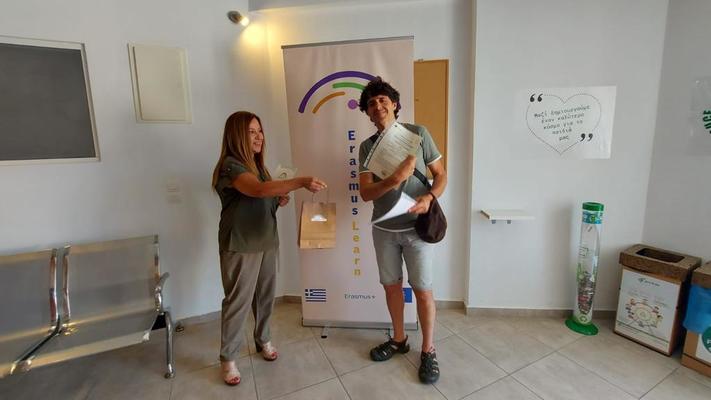
My experience with the course and the course provider
I consider this experience, the course and the learning acquired, positively. The course responds to what was planned and satisfies my area of interest (tools for educational, inclusion through art). It also meets the objectives of this KA101 Project in the basic of the "attention to diversity" aspects.
Erasmus Learn is a reliable and caring organization. Their work was well-developed and they are, no doubt about it, the learning reference centre in Crete.
The aspect, however, that I liked the least was probably that the course was more focussed on primary education teaching. I would have preferred an approach that also targeted older learners and secondary education teachers.
Transfer to the classroom (of the course's learnings):
(pending)